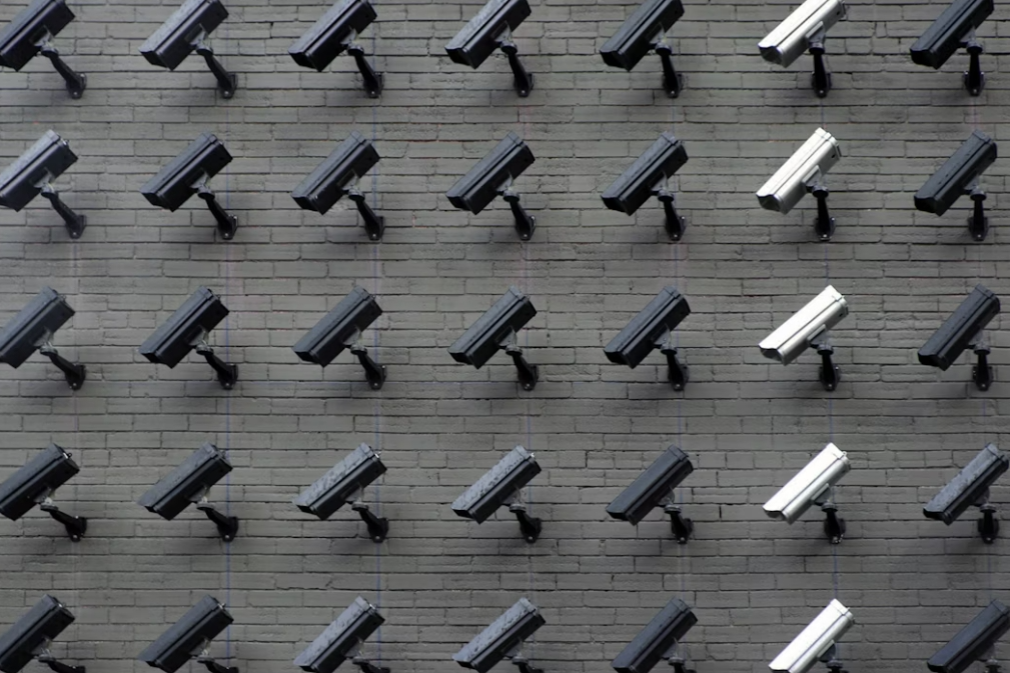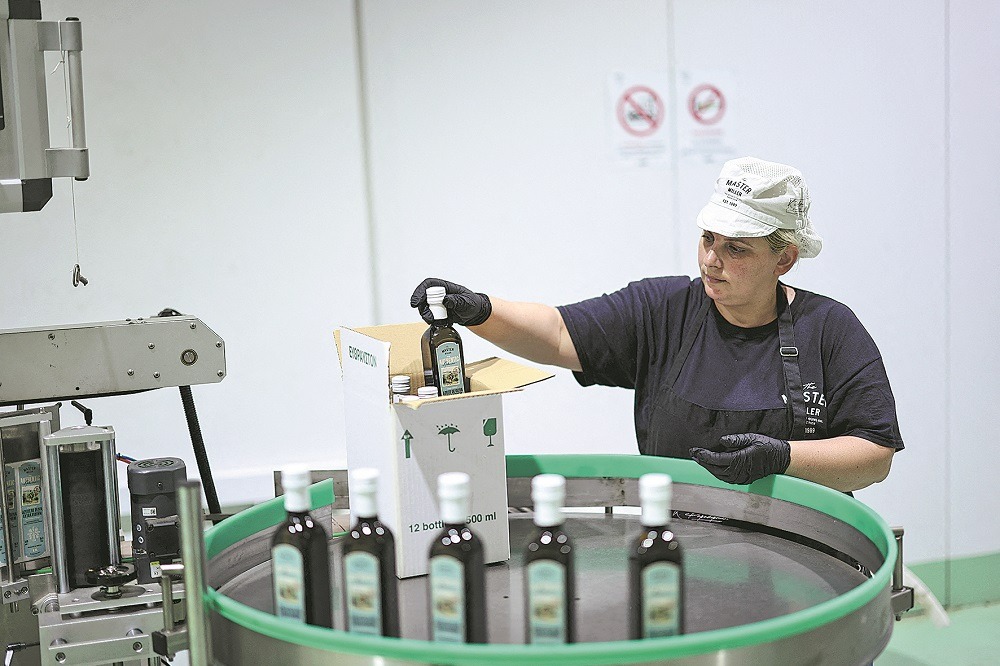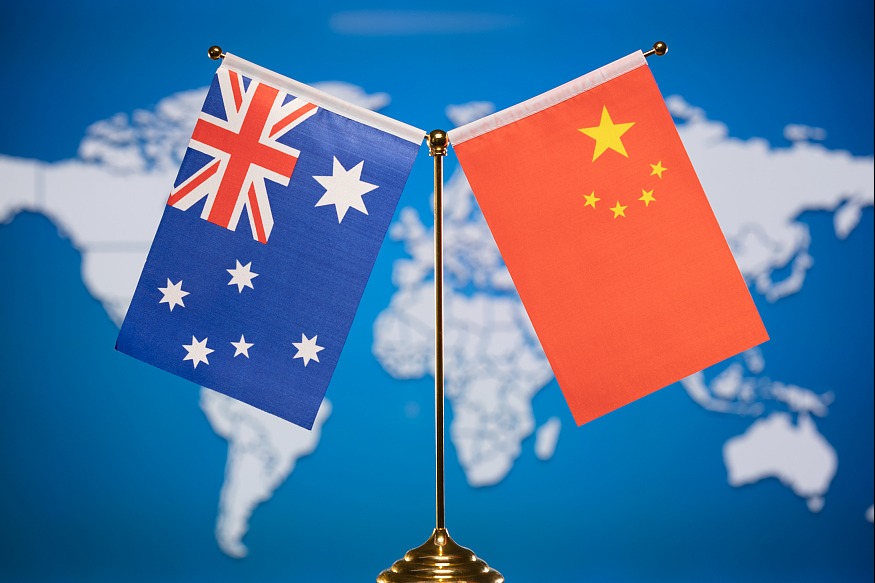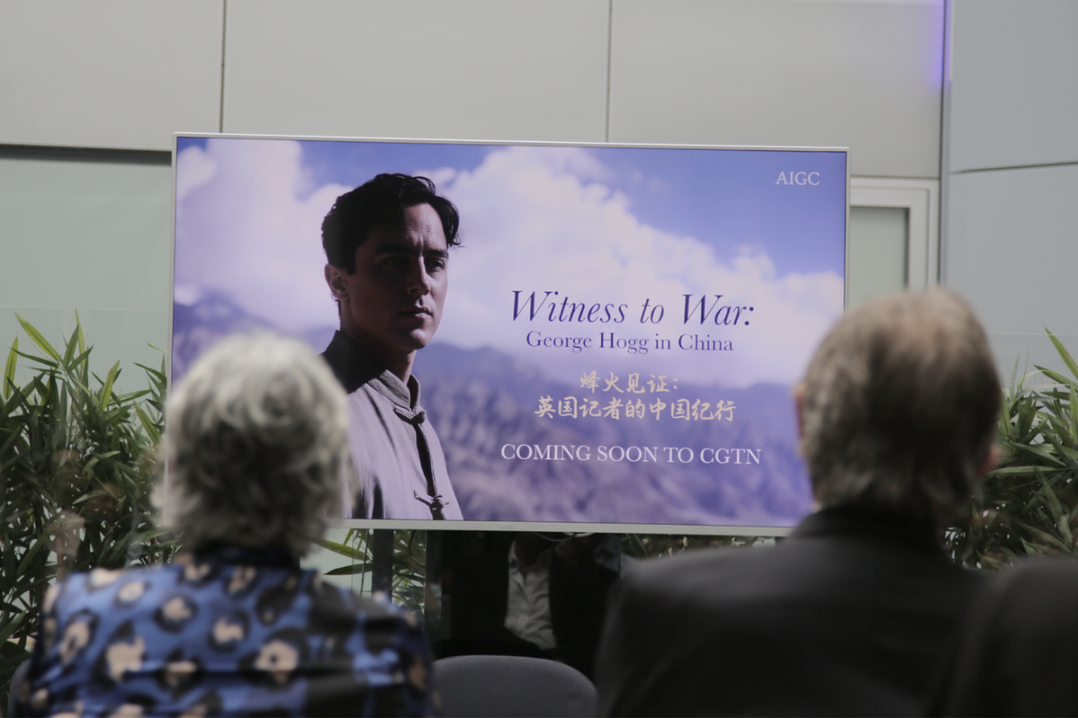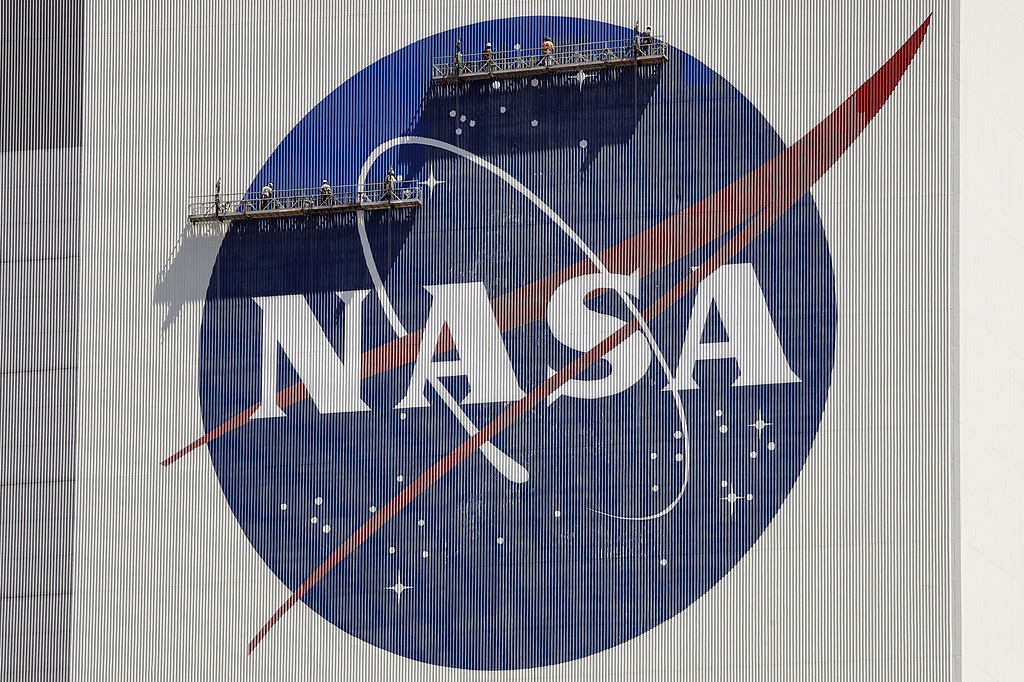'Kiss camera' saga triggers debate on privacy in public

NEW YORK — When the "Kiss-Cam" at a Coldplay concert focused on a couple who tried (but failed) to duck out of the spotlight, the internet immediately got to work.
In hours, the clip was just about everywhere. Endless memes, parody videos and photos of the pair's shocked faces filled social media feeds. Online sleuths rushed to identify who was on camera. Artificial intelligence and software company Astronomer eventually confirmed that its CEO and chief people officer were in fact the couple in the video — and announced the CEO's resignation over the weekend.
The incident's fallout has, of course, generated conversations about business ethics, corporate accountability and the repercussions that conflicts of interest within leadership can cause. But there are also broader implications at play in the increasingly online world — about the state of potentially being visible everywhere you go or tracked through "social media surveillance". Experts say it's more and more common for moments that may have been intended to be private, or at least reserved to a single physical venue, to make their way online and even go global today.
So in the era of lightning-fast social sharing and when cameras are practically inescapable, does being in public hold any expectation of privacy anymore? Is every experience simply fodder for the world to see?
It's no secret that cameras are filming much of our lives these days.
Ellis Cashmore, author of the book Celebrity Culture, proposes that the rapid fame of last week's "KissCam" moment probably answers a question many have been asking for years: "Is the private life still what it was? And the answer is, of course, there's no such thing as the private life anymore," he notes. "Certainly not in the traditional sense of the term."
"I'm not sure that we can assume privacy at a concert with hundreds of other people," adds Mary Angela Bock, an associate professor in the University of Texas at Austin's School of Journalism and Media.
Some version of the "KissCam "has long been a staple at big events — from timeouts during sports games to romantic songs played by artists at their concerts. It's easy to miss, but most venues have signs to inform the audience that they could be filmed during the event. What's been different in more recent years, experts note, is how quickly those moments can travel beyond the physical space where they actually unfold.
Then there's the second ring of exposure — what happens after the video or photos spread.
Experts point to growing instances of social media users rushing to publicly identify, or dox, the people captured on camera — much like how quickly the internet committed to finding those involved in the Coldplay moment, for example.
This can happen with videos and photos shared on social media each day, even if it doesn't go viral, experts warn.
"It's a little bit unsettling how easily we can be identified with biometrics, how our faces are online, how social media can track us — and how the internet has gone from being a place of interaction to a gigantic surveillance system," Bock says. "We are being surveilled by our social media. They're tracking us in exchange for entertaining us."
Agencies via Xinhua
















